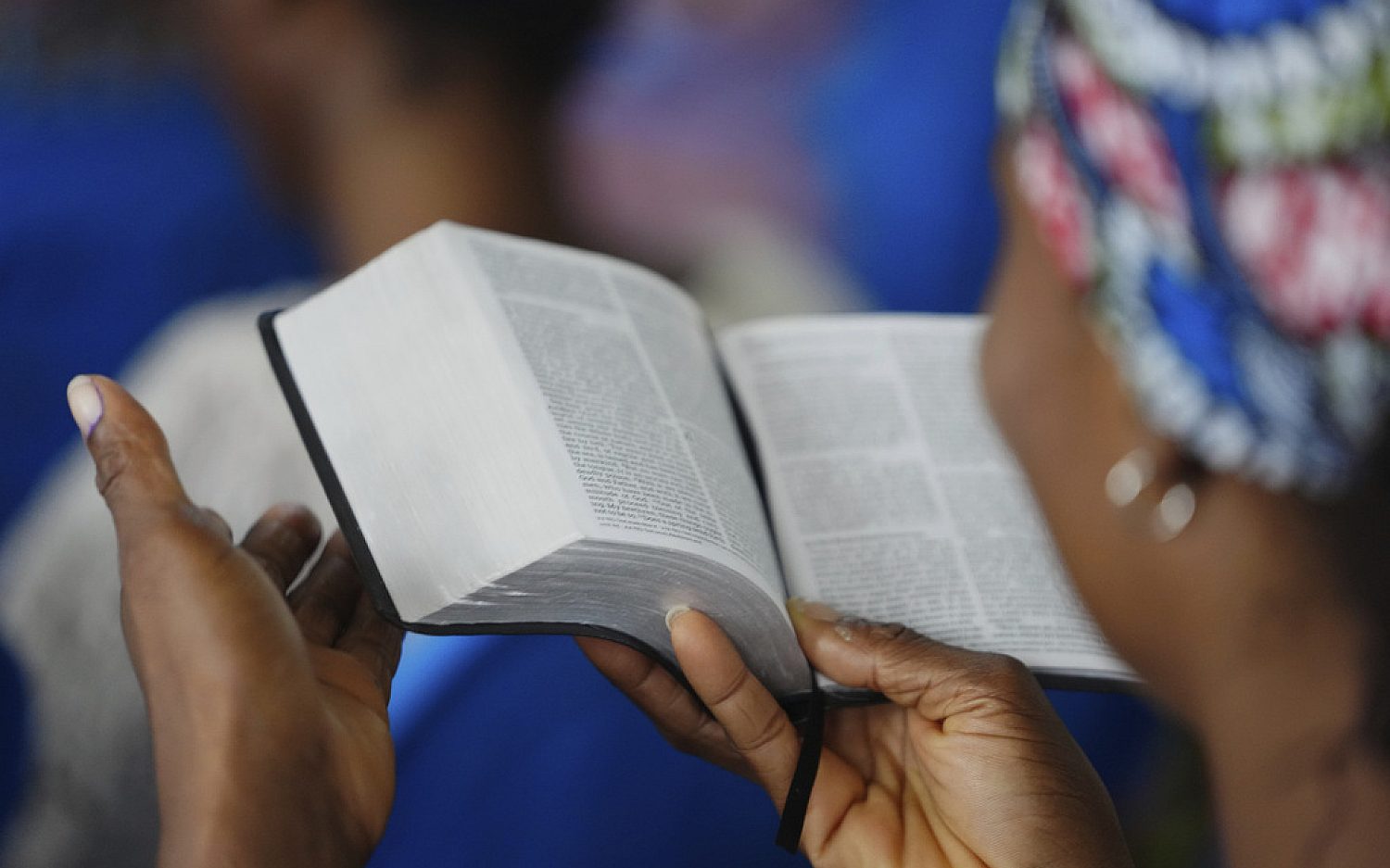Northern reinforcements
Canada’s new ambassador for religious freedom will bolster U.S. efforts on the issue worldwide
NEW YORK—Canada’s fledgling Office of Religious Freedom, situated in its Foreign Ministry, is joining the United States as the only other major diplomatic-level office fighting religious freedom violations around the world.
The office opened in February, so its new ambassador of religious freedom, Andrew Bennett, has just started traveling to countries with religious freedom violations. He is also traveling from Ottawa to the United States to brainstorm with U.S. government officials and advocates on the issue. Bennett met Monday in New York with non-governmental organizations (NGOs) that lobby the United Nations on that issue, a meeting where WORLD was the only media present.
Over sushi and sandwiches Bennett explained his definition of religious freedom: It is not merely the “freedom to worship,” he said, adding that religious freedom encompasses all of life, including the freedom to express one’s religion, the freedom to conduct missionary activities, the freedom to convert, and the freedom not to believe.
Religious freedom advocates had criticized former U.S. Secretary of State Hillary Clinton for using the narrower term “freedom of worship” instead of “religious freedom” early in her tenure. She used the term “religious freedom” as time went on.
Perhaps the most significant among Bennett’s plans: His office will be training Canadian diplomatic staff around the world on the issue of religious freedom. The idea is to equip foreign service officers on the ground to be able to recognize and handle religious freedom violations. The U.S. State Department’s religious freedom office also trains American foreign service officers.
Bennett said there was a general dearth of knowledge about religious freedom.
“We push religion so far into the private sphere that we forget to engage in the public sphere on matters of religion and faith,” he said. ”My goal is that Canadian diplomats abroad are the go-to people on religious freedom issues.”
One practical tip: This year the Canadian religious freedom office has directed foreign service officers to go sit in the court proceedings for individuals facing charges related to their beliefs.
“It’s amazing how the presence of a Canadian diplomat in court can change how the procedure is carried out,” Bennett said.
Bennett was an interesting choice for the ambassadorship. A Ukrainian Greek Catholic (he calls himself an “orthodox Christian” to be simpler), he continues to serve as the dean of a small Christian university, Augustine College, where he teaches a course on the history of Christianity. He has an academic background in political science and history, and worked in various arms of government at different points.
In this new role Bennett has the constraints of a paltry $5 million budget and four staff members.
“We’re small but mighty,” Bennett said with a smile.
He acknowledged his office didn’t have the resources of the U.S. State Department’s religious freedom office, and would not be able to produce the sort of detailed annual reports that the State Department and the U.S. Commission on International Religious Freedom provide. But he doesn’t want to duplicate work the United States is already doing well, he said, pointing out his office will do new sorts of projects, like profiles of religious communities around the world. Bennett also isn’t sure whether Canada will create a list of the most egregious religious freedom violators around the world like the U.S. “countries of particular concern” (CPC) list. The CPC list has been a source of diplomatic tension for the United States with countries like China.
The Canadian office has already spoken sharply on violations around the world, like the persecution of Coptic Christians in Egypt. Bennett keeps photos of two Syrian archbishops who were kidnapped in April taped to his computer. The office has regularly spoken out on behalf of religions besides Christianity, defending a Muslim leader who was arrested in Sri Lanka. But Bennett reminded the NGOs in New York repeatedly of the limitations of a five-person staff in addressing every case that arises.
Canada may be able to speak more openly on the issue than the eggshell-walking American diplomatic corps. Bennett was diplomatic on that point, but he said Canada would play the role of the “honest broker” on religious freedom violations. Last year Canadian Foreign Minister John Baird was more pointed about the office, saying Canada is “no longer a country that simply goes along to get along.”
An actual newsletter worth subscribing to instead of just a collection of links. —Adam
Sign up to receive The Sift email newsletter each weekday morning for the latest headlines from WORLD’s breaking news team.





Please wait while we load the latest comments...
Comments
Please register, subscribe, or log in to comment on this article.